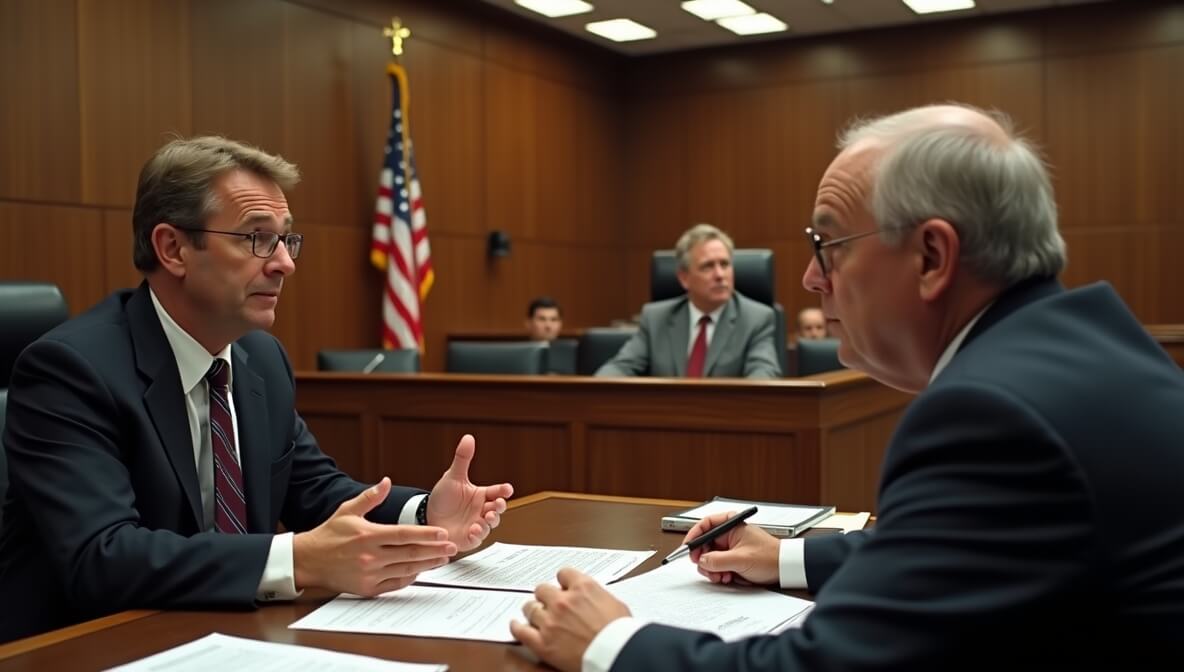September 22, 2025

Getting a speeding ticket can feel overwhelming, but you do have options to contest the violation and potentially minimize its impact. Whether you're trying to avoid fines, prevent points on your driving record, or even get the ticket dismissed, this guide will walk you through the key steps to take when contesting a speeding ticket in court.
The first thing you should do is carefully read through your speeding ticket. Pay close attention to:
Helpful Resource: For a deeper understanding of traffic violations and their consequences, read Understanding the Difference Between a Misdemeanor and a Felony.
External Reference: Visit NHTSA – Speeding and Traffic Safety for general information about speeding and road safety.
When you receive a speeding ticket, you have three options on how to plead:
If you plan to contest the ticket, make sure to notify the court before the deadline to avoid a default judgment.
The most effective way to contest a speeding ticket is by presenting compelling evidence that supports your defense. Some of the evidence you may need includes:
For more tips on gathering evidence, you can adapt advice from What to Bring to Your First Family Law Consultation.
External Reference: Find more on fighting a speeding ticket at FindLaw – Fighting a Speeding Ticket.
While it’s not mandatory, hiring an experienced traffic attorney can increase your chances of a favorable outcome. A lawyer can help you:
Helpful Resource: The Basics of a Civil Lawsuit vs. a Criminal Lawsuit outlines legal differences that may help you decide if hiring a lawyer is the right choice.
External Reference: Need help finding an attorney? The American Bar Association – How to Find a Lawyer is a great place to start.
When your court date arrives:
If the officer who issued the ticket doesn't show up in court, you may request a dismissal based on their absence.
After the hearing, there are a few potential outcomes:
Handling a speeding ticket in court requires preparation and understanding of your legal options. By gathering evidence, presenting a solid case, and possibly seeking legal representation, you can improve your chances of reducing penalties or even getting the ticket dismissed entirely.
Stay up to date with the latest tips, expert insights, product reviews, and step-by-step guides to help you grow, create, and succeed—no matter your industry or passion.